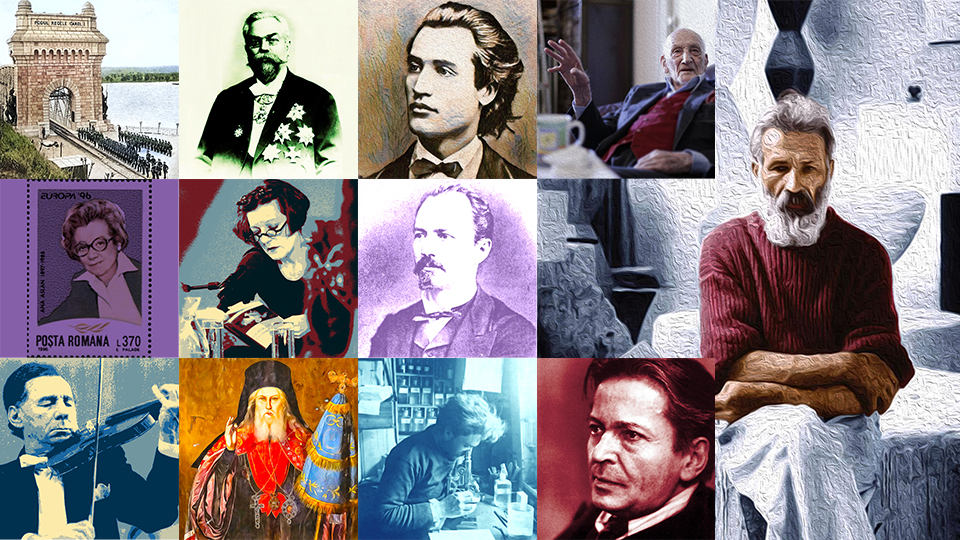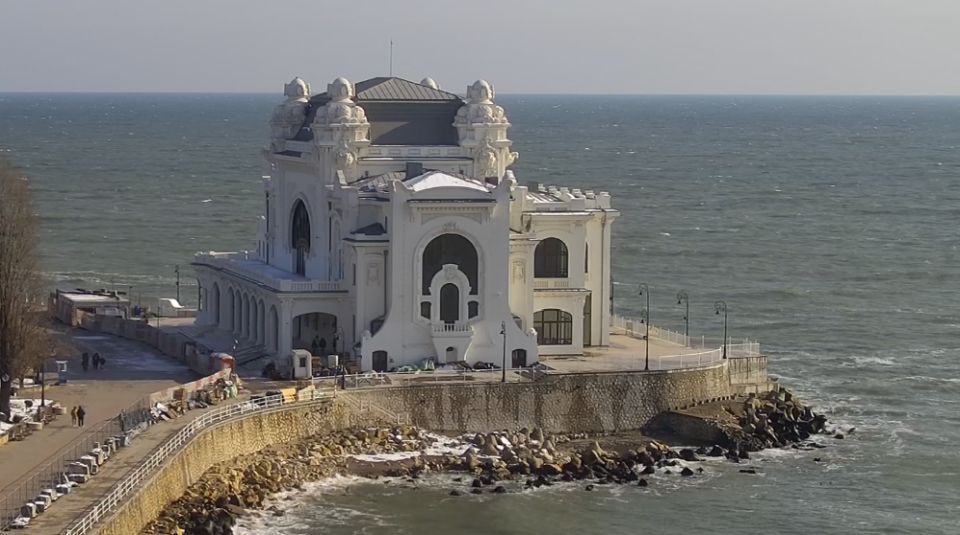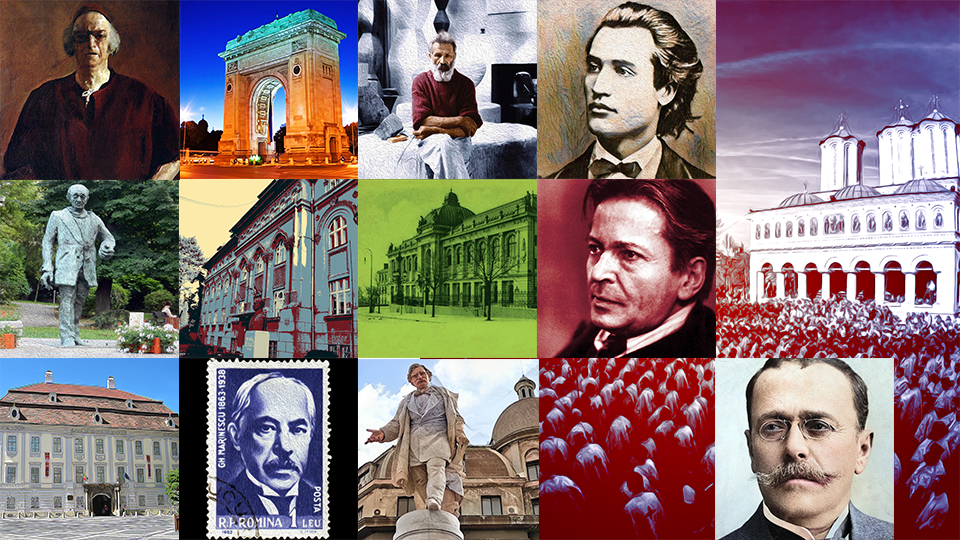Ecaterina Vogoride
One of the extraordinary women that tipped the balance in favor of the union of the Romanian Principalities was Ecaterina Vogoride.

Steliu Lambru, 24.07.2021, 13:00
On January 24, 1859, the principalities of Wallachia and Moldavia united, laying the groundwork for the unity of a future Romania. What we read in history books nowadays may lead us to believe that the union was a granted fact. Historians beg to differ, though: the process was laborious, with huge amounts of uncertainty. Documents at the time show that the Romanians who worked for the union were completely dedicated, having to deal with a struggle against opposition both from abroad, as well as from within, from people opposed to it. The unionists eventually prevailed, and their victory was thanks to not only men, but also women. One of the extraordinary women that tipped the balance in favor of the union was Ecaterina Vogoride.
Historian Alin Ciupala is a professor with Bucharest University, and author of the book Women in Romanian Society in the 19th Century. Ciupala told us that Romanian women in high society in the 19th century had a big role to play in the birth of modern Romania:
“In the era of preparation for the Grand Union, we have to put the spotlight on the women in high circles of society. Even in the 1848 era, we have to state very clearly that the revolution in both principalities was brewed in the literary salons kept by the ladies in high society, which were a smokescreen for the preparations to enact the revolution. Poet Vasile Alecsandri would, two decades later, dedicate quite a few pages to the role that women had in supporting the 1848 revolution.”
The great European powers came to take into consideration the possible union of Wallachia and Moldavia only after the Crimean War of 1853-1856. To this end, the supporters of the union, led by France, and its opponents, mainly the Ottoman Empire and Russia, asked Romanians to provide their opinion. Two ad-hoc assemblies were gathered to vote on the union of the two Romanian principalities. At this point, no one had any idea of how the small gesture made by Ecaterian Vogoride would have such a decisive effect on the future of Romania. She was born in 1829, the daughter of Costache Conachi, descendant of an important Moldavian noble family, and one of the founders of modern literature in Moldavia. In 1846, Ecaterina wed Nicolae Vogoride, himself a scion of a noble family, and the two had four children. The young noble lady had a nationalist education, and her husband had a political career that carried him to the position of Caimacam, meaning deputy to the ruling prince. In the crucial year 1857, Nicolae Vogoride, from his high perch, was pulling the strings on behalf of the Ottoman Empire through abuse of his position.
Here is Alin Ciupala with details:
“Ecaterina Vogoride would play a vital role at a decisive moments. That was the moment of preparing elections for naming the Moldavian representatives for the Ad-hoc Assembly in Iasi, the capital. The 1857 Ad-hoc Assemblies in Bucharest and Iasi were decisive, because they had to offer Western powers in favor of the union a strong argument, based in the desires of Romanians. Given that, the elections for the representatives were a major moment. If the assemblies were to be dominated, as it happened, by the unionists, the decision was to be clear. In Moldavia, with support from the Ottoman Empire, Caimacam Nicolae Vogoride, one of the three designated to rule Moldavia after the peace congress in Paris, in 1856, rigged the lists of candidates for the Ad-hoc Assembly. He simply purged the lists of candidates that were known for their unionist views. The final result was an assembly dominated by anti-union representatives. This caused a lot of headaches, because the initial project could have been overturned.”
However, Ecaterina Vogoride could not abide by the turn of events. That is when she got involved, changing history in the process. Here is Alin Ciupala:
“This is where our hero, Ecaterina Vogoride, wife of the Caimacam, gets a turn at the reins. She literally absconded letters sent by the Ottoman Porte to her husband, letters with instructions on how to falsify the lists of candidates. The letters were very important, because they could prove the direct meddling of the Ottoman Empire in the electoral process in Moldavia. The letters were conveyed by Ecaterina Vogoride to her friends of unionist persuasion, and they got published. A diplomatic scandal erupted, and France demanded that the lists and the elections be reviewed. As a result, fair elections were held, and the new Ad-hoc Assembly was dominated by the unionists. The assembly went on to vote in favor of the union of the Principalities.”
The courage that Ecaterina Vogoride displayed resulted in major changes in the future of the Principalities, as well as in her personal life. In 1861, she divorced her husband, but united the two former enemy countries. Nicolae Vogorides career was wrecked as a result of the ensuing scandal, while Ecaterina moved to Italy and married Emanuele Rispoli in 1864. (CC)





























